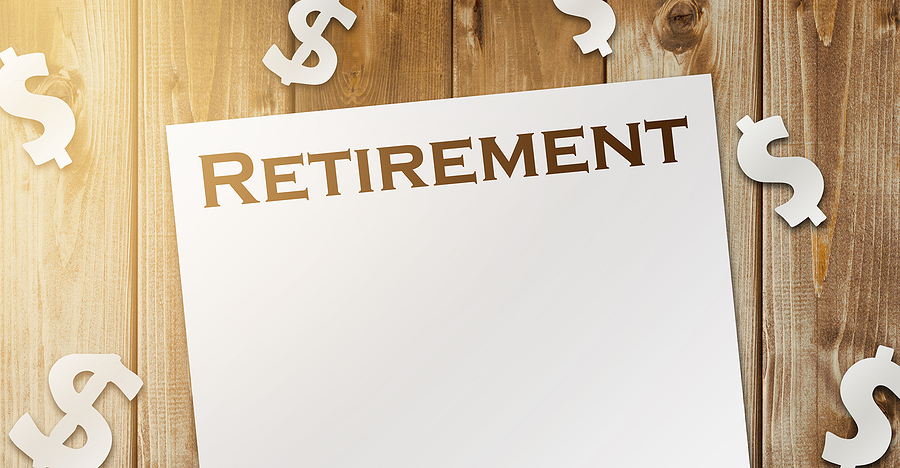One of the biggest concerns that clients have before making the decision to file for bankruptcy is how the case will affect their assets. Most people work hard over the course of many years to build up a nest egg that they hope will carry them through retirement. The good news is retirement accounts are protected in bankruptcy.
The protections of the bankruptcy automatic stay, which go into effect immediately upon filing for bankruptcy halt any collection activity, garnishment, and lawsuits against you.
401(k) Accounts
Under Florida bankruptcy law, a filer’s retirement accounts are protected so long as the 401(k) plan is qualified under the Employee Retirement Income Security Act (ERISA). Under 11 U.S.C. Section 522; Fla. Stat. Ann. § 222.21, ERISA qualified retirement plans are fully exempt, including 401(k)’s, 403(b)’s, profit sharing and money purchase plans.
Traditional or Roth IRA Plans
If the filer has an IRA, including a Roth IRA, this type of plan is treated differently than a 401(k) that is ERISA protected, meaning these accounts are more vulnerable in a Chapter 7 bankruptcy case. Further, any funds that are withdrawn from a retirement account are not considered protected in a Chapter 7 bankruptcy case and are considered fair game for creditors. If you are considering filings for bankruptcy, we advise to keep your retirement assets where they are.
Other Retirement or Pension Benefits
The Federal Bankruptcy Code and Florida bankruptcy exemptions extend protection to various types of individual retirement accounts (IRAs) during a bankruptcy. This protection was solidified in 2005 with President George W. Bush signing the Bankruptcy Abuse Prevention and Consumer Protection Act (BAPCPA) into law.
Traditional IRAs and Roth IRAs are protected up to $1 million in value. The precise amount protected is currently $1,362,800. Adjustments are made every three years for inflation with the next one anticipated in 2022. The BAPCPA also states that bankruptcy courts have the discretion to extend additional protection to cover more than the amount allowed under the exemption.
Protection is also extended to SEP IRAs, SIMPLE IRAs, and most rollover IRAs, regardless of the value in these accounts. A rollover IRA, under the BAPCPA, is a traditional or Roth IRA that was originally funded through a transfer from a qualified retirement plan, which normally means a 401(k) plan, traditional pension plan, and certain profit-sharing plans.
In addition, Florida’s bankruptcy exemptions apply to pensions and other retirement plans. ERISA qualified retirement plans and pensions, which include 401(k)s, 403(b)s, and profit-sharing plans, are protected under Florida bankruptcy exemptions. Public employee retirement benefits, state and county officers and employee’s retirement system benefits, teachers’ retirement accounts, municipal police pensions, and firefighter pensions are also protected.
Please click here to read more.
If you have questions on this topic or are in financial crisis and considering filing for bankruptcy, contact an experienced Miami bankruptcy attorney who can advise you of all of your options. As an experienced CPA as well as a proven bankruptcy lawyer, Timothy Kingcade knows how to help clients take full advantage of the bankruptcy laws to protect their assets and get successful results. Since 1996 Kingcade Garcia McMaken has been helping people from all walks of life build a better tomorrow. Our attorneys’ help thousands of people every year take advantage of their rights under bankruptcy protection to restart, rebuild and recover. The day you hire our firm, we will contact your creditors to stop the harassment. You can also find useful consumer information on the Kingcade Garcia McMaken website at www.miamibankruptcy.com.

